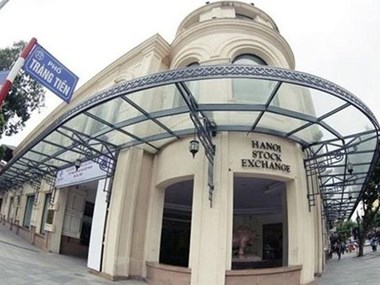 |
|
|
The central bank also called for a ban on borrowing or renting bank accounts as well as certain intermediate payment services to improve account holders traceability and limit illegal activities in a draft amendment to a Government directive on cashless transactions.
Under the proposal, commercial banks could freeze accounts if they have sufficient evidence the accounts were used for or involved in fraudulent and illegal activates.
Accounts would also be frozen upon request from one or more than one account holders (in cases of one account having multiple holders) or due to disputes among account holders. Accounts may also be frozen to help recover assets which were transferred by mistake.
The accounts would be unfrozen after their holders provided proof that transactions were not illegal or fraudulent; or when legal disputes were settled among account holders.
The SBV also proposed a legal mechanism to compensate for losses suffered by account holders in cases of wrongful account freezes.
Fraud has been on the rise in cashless transactions in recent times, especially by high-tech criminals who employ increasingly complex and difficult-to-track techniques.
There have been incidents in which people were hired to open as many bank accounts as possible with commercial banks, which could be sold for up to US$10 per account. Many such accounts were later used for illegal and fraudulent activities.
According to the SBV, current regulations on bank accounts, payment and transaction services in cashless systems must be improved to ensure security standards are met. — VNS

More than 460 foreign trading accounts opened in July
The Vietnam Securities Depository (VSD) granted licences to 464 foreign investors in July, including 58 institutional investors.

Vietnam’s digital economy expected to account for 20% of GDP by 2025
The Politburo’s Resolution No 52 set a goal that Vietnam’s digital economy would make up 20 percent of GDP by 2025.
 The State Bank of Viet Nam (SBV) has proposed freezing the accounts of those suspected of committing the fraud.
The State Bank of Viet Nam (SBV) has proposed freezing the accounts of those suspected of committing the fraud.